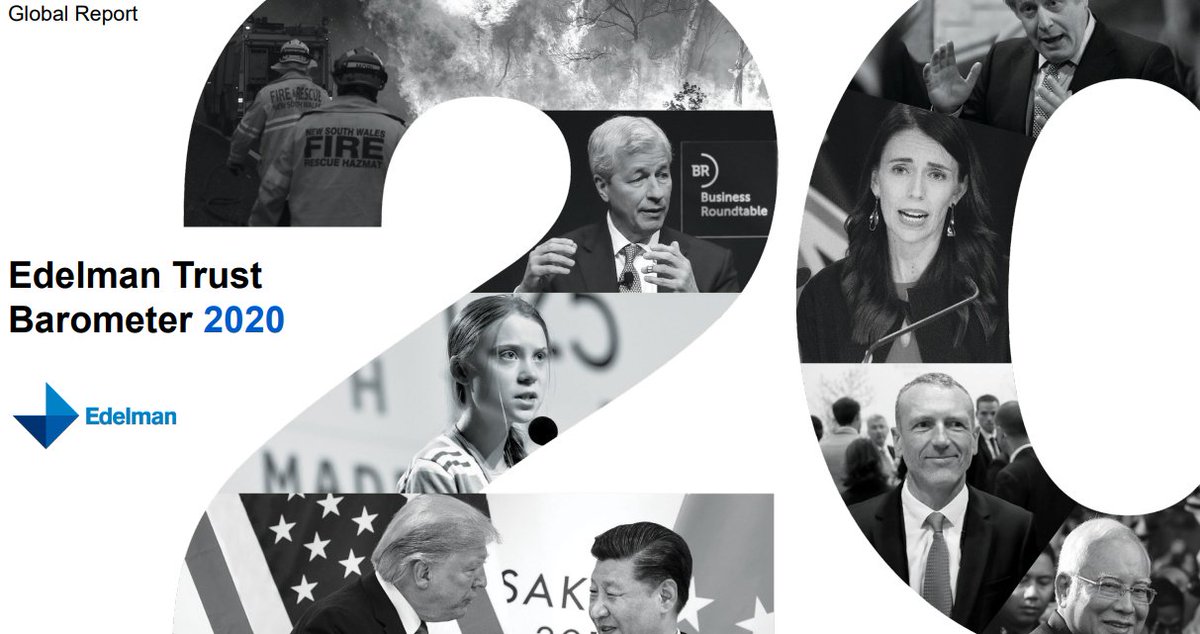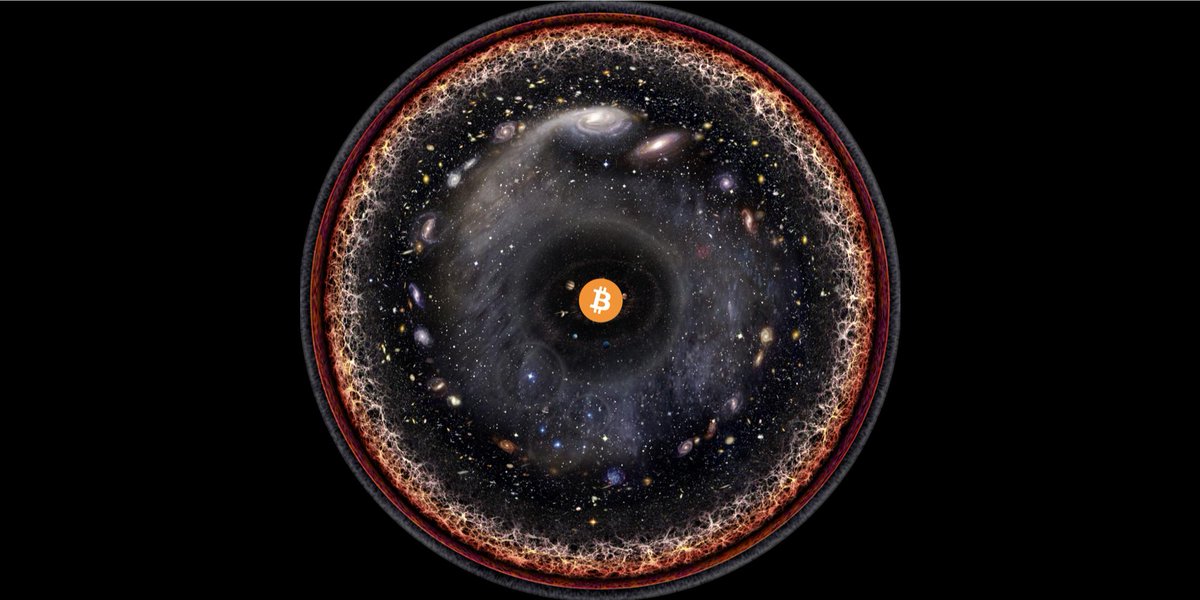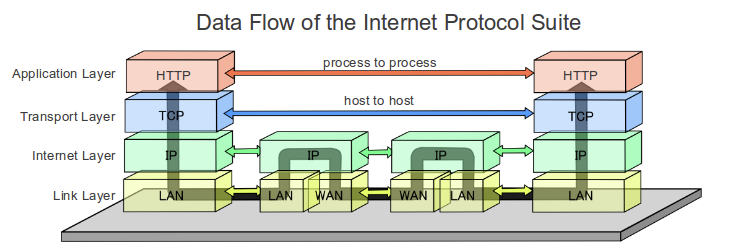Time for a Thread:

61% believe that the government does not understand emerging technologies enough to regulate them well
66% do not have confidence that their current leaders will be able to successfully address their country’s challenges
76% of people worry about false information or fake news being used as a weapon
83% of employees globally are worried about job loss due to concerns such as the lack of training, cheaper foreign competition, immigration, automation and the gig economy
Despite full employment and a stock market that continues to set new all time highs, why do people perceive they are worse off economically?
When people look around them and see the pie of the Joneses (or Kardashians) in the top decile growing exponentially faster than their own, it drives a sense of anxiety, distrust and unfairness in the system
If employment is at all time highs, productivity is at all time highs, and the stock market is at all time highs, why has inequality and the Gini coefficient continued to accelerate?
Or, said differently, why then, according to the Edelman report do so many people feel like the economy isn’t working for them?
(Cont'd)
Ok - Back to the thread
nytimes.com/2014/08/01/opi…
However, that is a whole other can of worms which I’ll save for a different thread
(Cont'd)
If things are as you claim they are, then how come we haven’t seen massive amounts of inflation? Why are we still well under the 2% levels the Fed targets?
Globalization and technology costs curves have certainly played a role in holding down inflation; however, it doesn’t mean it hasn’t reared its ugly head elsewhere.
Built in the aftermath of the 2008 financial crisis, #Bitcoin is poised and ready to enter stage left.
The End.
Widening political gyre( aka polarization /partisanship), the rise of Social Media contributing to the blurring of news vs opinions ...



































